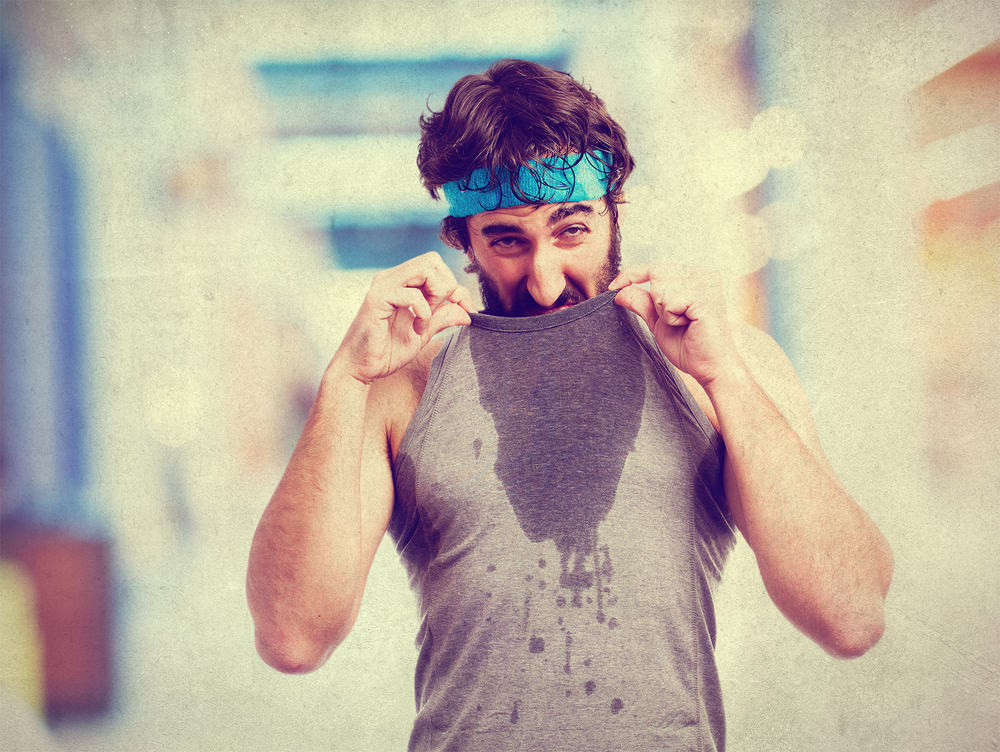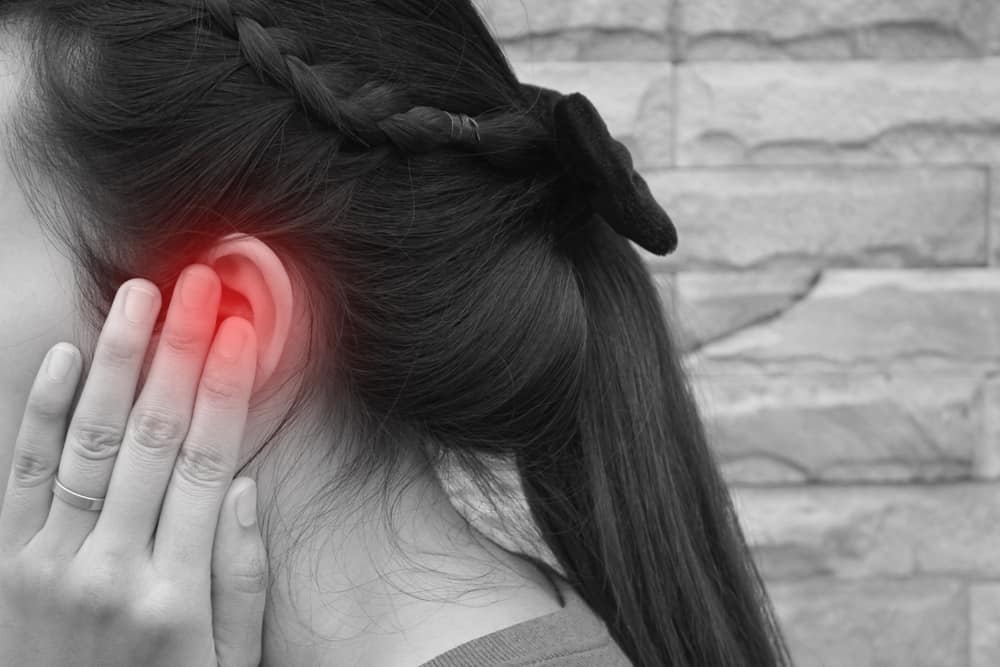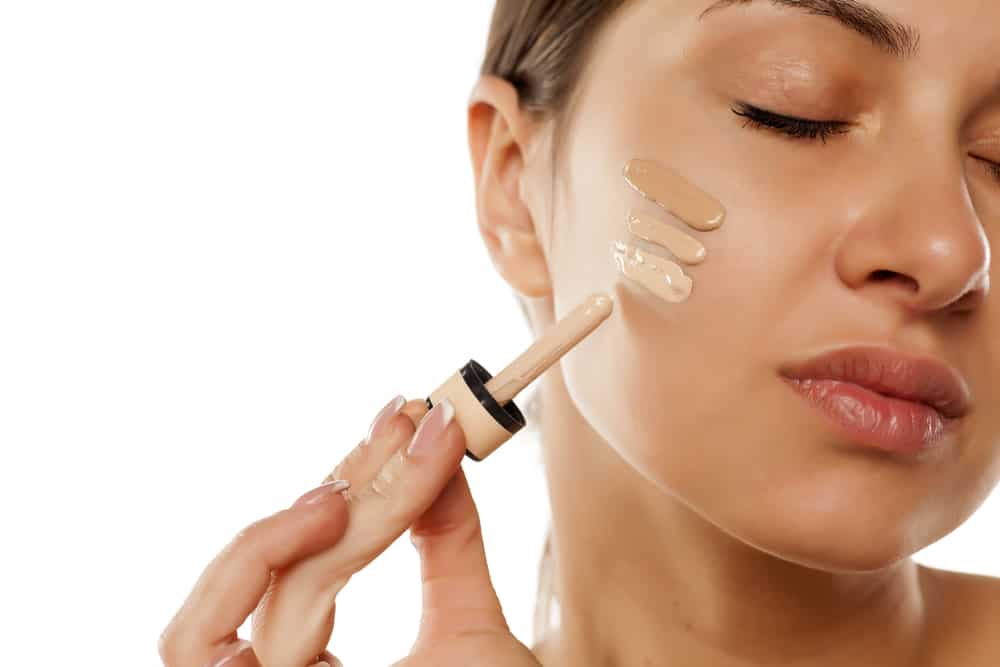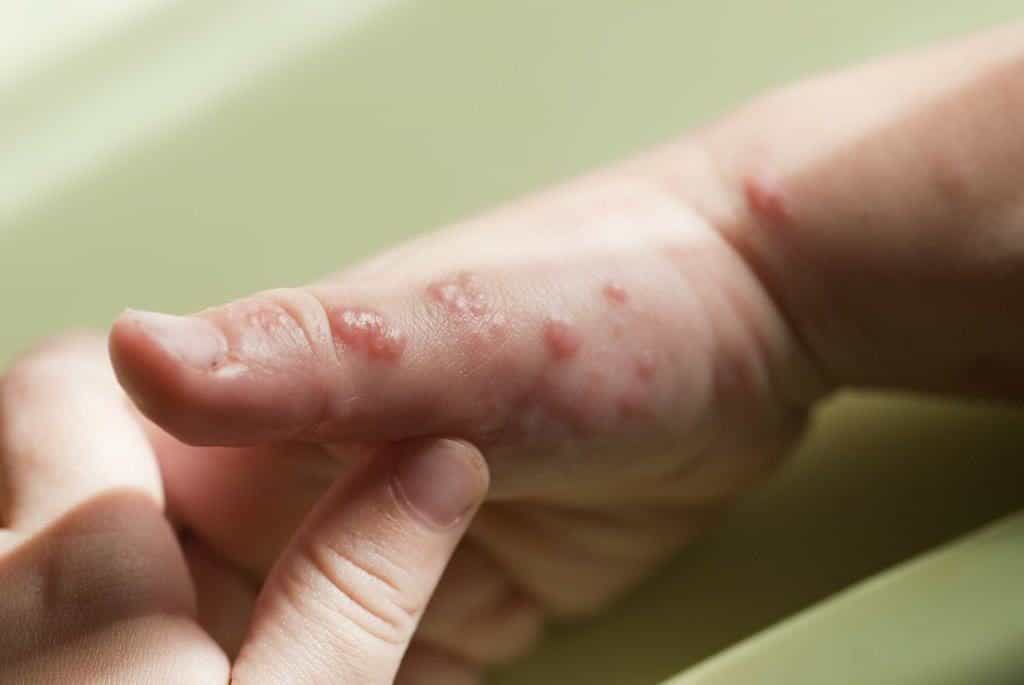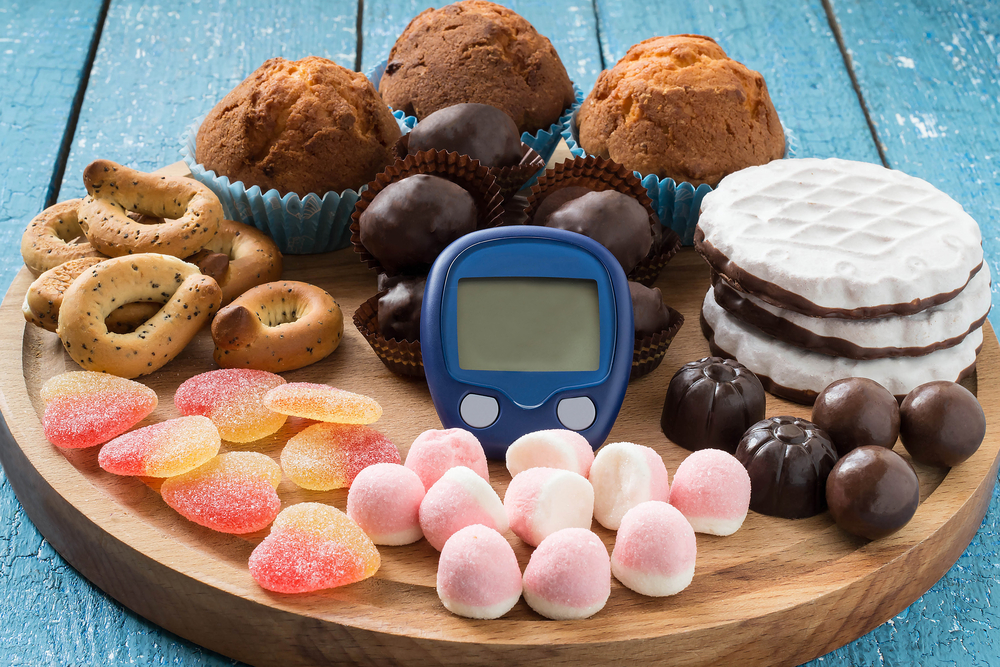Contents:
- Medical Video: Fat Burning “Bro-Science” (SWEAT MORE | BURN MORE!)
- A lot of sweat is not a sign of success in burning more calories
- What affects the amount of sweat when exercising?
- The more sweat, the more weight you lose?
- What should you do if you want to exercise in hot temperatures?
Medical Video: Fat Burning “Bro-Science” (SWEAT MORE | BURN MORE!)
Many choose to exercise while hot in the hot sun so they can sweat a lot. The reason is, there is an assumption that the more sweat that comes out the sign the body successfully burns large amounts of calories. Actually it's not always like that, you know! How much sweat you spend during exercise does not necessarily mean the body has burned more calories.
A lot of sweat is not a sign of success in burning more calories
Sweating is a cooling process carried out by the body to help you maintain optimal body temperature. But sweating is not an ideal benchmark to determine how strong the intensity of your exercise is.
Exercise can increase body temperature, so you may sweat more. A small study conducted on 20 cyclists found that exercising in hot temperatures can help increase sweat production so that the body's cooling process and increased blood flow to the skin become better. But, a little or a lot of sweat produced is not the same as the number of calories burned.
What affects the amount of sweat when exercising?
Each person produces different amounts of sweat. For example, women have more numbers of sweat glands than men, but male sweat glands tend to work more actively. That is, men naturally sweat faster and more than women even though the number of activated sweat glands is equal and the intensity of temperature and physical activity are equally equal.
People who are fit, for example, can sweat faster during exercise because their body temperature is lower than those who are sedentary (less active). People who rarely exercise or have never exercised before are more likely to sweat more when doing physical activity because their bodies heat up faster.
People who are overweight also produce excessive sweating than normal weight individuals because fat acts as an insulator which raises the body's core temperature. Young people sweat more than parents.
Also, how much you sweat depends on a number of other things outside your body. Wearing synthetic clothing when exercising will trap heat in the body, which will make you swelter faster and sweat.
The more sweat, the more weight you lose?
Not necessarily. Once again emphasized that the amount of sweat can not be used as a benchmark for how successful the body burns calories. The decrease in weight gained immediately after exercise is only temporary, because it is caused by evaporating sweat. Your original weight will come back again when you have been hydrated, and that doesn't mean you have burned more calories.
On the other hand, don't assume that exercise with a little sweat means that you don't exercise hard enough or haven't burned a lot of calories. Your sweat can evaporate quickly because you exercise in an air-conditioned room, near a fan, or outdoors with a cool atmosphere and lots of light breeze.
What should you do if you want to exercise in hot temperatures?
Make sure you are well hydrated before exercising and also continue drinking throughout the exercise session. Listen to your body and rest when you feel too tired so you can adjust to the temperature and intensity correctly.
If you exercise for more than 60 minutes or exercise with high intensity, researchers recommend that you replace lost fluids with drinks containing electrolytes. If you exercise or exercise with an intensity that is not too heavy or lasts less than 60 minutes, replacing lost fluids with water is good enough for your body.

